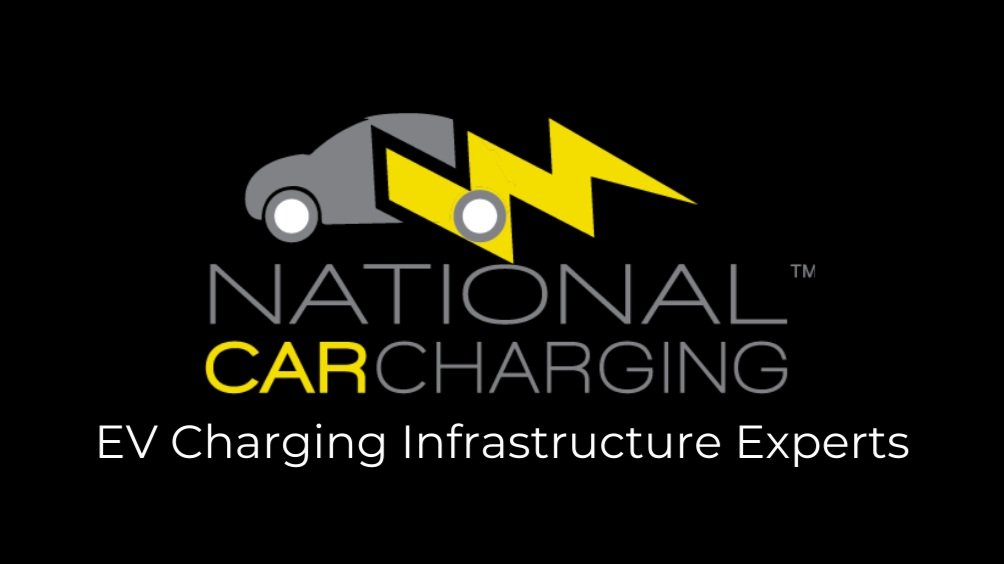Insurance for EVs is more expensive because they are not as safe or reliable as gas cars.
Myth: Insurance for EVs is more expensive because they are not as safe or reliable as gas cars.
Myth Busted: EVs are no less safe or less reliable than gas cars. EV insurance increases slightly due to the developing technology.
When you purchase insurance for your new electric vehicle, you may notice that your premium increases. We’ve had a few questions in recent weeks from Coloradans considering EVs about why that is.
Let me state it now: your car insurance does not increase when you own an EV because your car is in any way less safe or less reliable compared to your older gas model car.
Rather, the insurance costs increase because EVs are still a fledging industry and are more expensive to manufacture compared to internal combustion engines. This means that the cost to repair your electric vehicle after a collision or other accident is comparably more. EVs house expensive battery systems, which can require rare materials or equipment design to fix. Dealerships and car repair shops may not have the correct parts or equipment on hand to quickly fix your EV, so they may need to special order parts, which increases the cost and increases the wait time for repairs. Additionally, you may be paying more to cover the cost of the specialized maintenance or repair technician who has training with electric cars. Also, remember that even though your insurance premium may be higher, you will be saving on maintenance and fuel costs over the lifetime of the vehicle. Want to learn more about insuring electric vehicles? Check out this Bankrate article here.
As well, remember that electric vehicles are less complex machines, meaning there is less that can go wrong in a collision. Likewise, EVs are consistently rated as some of the top cars for safety in the United States. EVs have heavier chassis which can help prevent rollovers and have improved crumple zones due the lack of an engine in the hood of the car. If you are looking for a deep dive into EVs and safety, the EV Safety Advantage Report by CleanTechnica is a great resource. If you’d like to look up the particular safety ratings for a model you are interested in, check out the National Highway Traffic Safety Administration’s Rating’s database here.
While safety recalls do occur (most notably the recall of all Chevy Bolt EVs in 2021), these are rare. Yes, electric vehicles can catch fire, but they are much less likely to compared to your internal combustion engine. It’s important to remember that because EVs are an emerging technology, accidents, fires, and other incidents receive far more media scrutiny compared to the mundane gas car incidents.
Source 1: Hanley, Steve. More Than 150 Gas Car Fires Per Day — Can We Please Get Serious About Electric Car Battery Fires? CleanTechnica. 03 June 2019. https://cleantechnica.com/2019/06/03/500-gas-car-fires-per-day-can-we-please-get-serious-about-electric-car-battery-fires/.
Source 2: Posey, Mariah. Everything you need to know about insurance an electric vehicle. Bankrate. 05 August 2021. https://www.bankrate.com/insurance/car/electric-car-insurance/.
Source 3: KBB Editors. Does it Cost More for Electric Car Insurance? 12 February 2021. Kelley Blue Book. https://www.kbb.com/car-advice/is-there-any-difference-in-electric-car-insurance/.
Source 4: Shahan, Zachary. The EV Safety Advantage. CleanTechnica. July 2018. https://cleantechnica.com/files/2018/07/CleanTechnica-EV-Safety-Advantage-Report.pdf.
This EV “Myth BUSTER” was brought to you by Drive Electric Colorado in collaboration with the Colorado Energy Office and the ReCharge Colorado coaches from organizations statewide including CLEER, 4CORE, and Northern Colorado Clean Cities. Drive Electric Colorado launched in October 2020 to equip Coloradoans with the right information to encourage the adoption of electric vehicles (EVs). Their goal is to help the state of Colorado reach 940,000 EVs on the road by 2030.
Follow Drive Electric Colorado on Social Media:
Instagram: @driveelectriccolorado
Twitter: @driveelectricco
Facebook: @driveelectriccolorado



